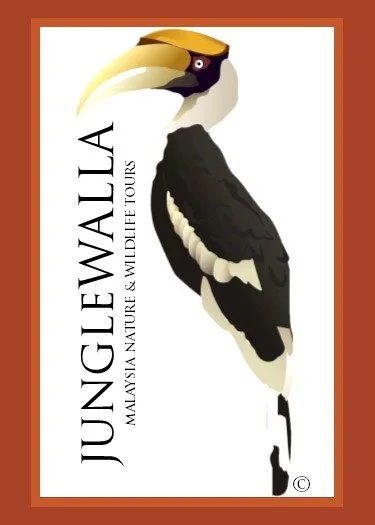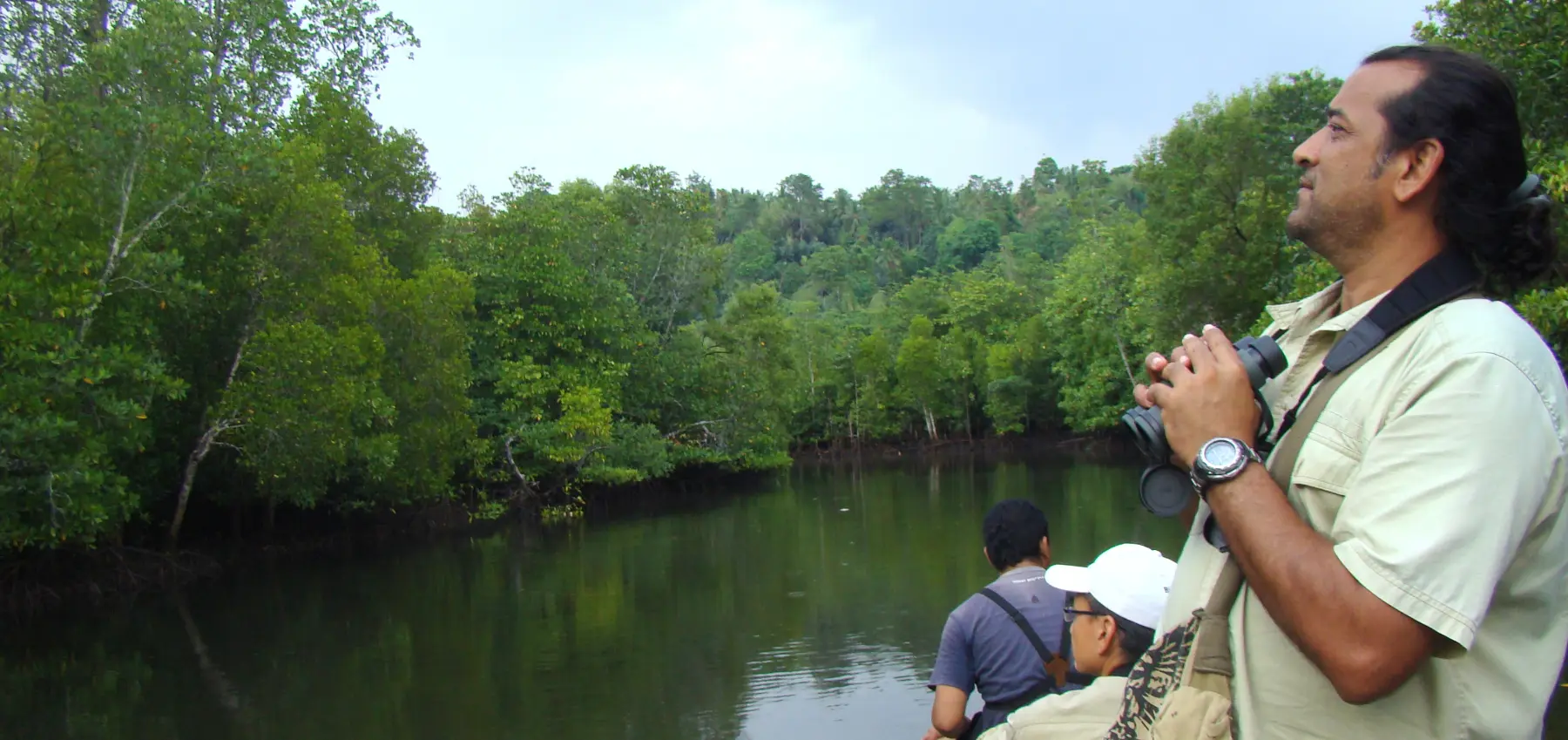Media Archive | Borneo Bulletin (January 1998)
In a feature titled "Adventure into Nature" published in the Borneo Bulletin in January 1998, Irshad Mobarak - Naturalist spoke with journalist Maria about the burgeoning movement of ecotourism. Even then, Irshad recognized that the survival of the travel industry was inextricably linked to the preservation of the natural heritage it advertised.
A Timely Effort in Conservation:
The article highlighted ecotourism not just as a trend, but as a critical effort toward safeguarding the environment. Irshad pointed out a disturbing reality: many major tourist destinations were losing their appeal as their natural attractions were degraded by over-development. His mission was to ensure that Langkawi did not follow the same path, advocating for a "smart move" toward sustainability that would protect the island's ancient ecosystems while providing world-class educational experiences.
The JungleWalla Standard:
For over 25 years, the principles discussed in that 1998 interview have remained the cornerstone of JungleWalla. We understand that true adventure into nature requires a commitment to damage limitation and a deep respect for the wild. By prioritizing education and conservation, we ensure that the "Jewel of Kedah" remains as vibrant and diverse today as it was when Irshad first spoke of its importance decades ago.
Our guided expeditions are designed to show you why nature is the ultimate attraction—one that we must cherish and protect together.
EXPERIENCE ETHICAL ECO-TOURISM
Langkawi Discovery Tours:
Join our professional naturalists and see firsthand the result of decades of conservation advocacy. We offer immersive experiences in Langkawi’s rainforests, mangroves, and coastal waters.
Join the Expedition: Langkawi Signature Tours
Birdwatching & Specialized Nature Guiding:
For birding enthusiasts and serious nature lovers seeking target species and professional field interpretation across Malaysia.
Visit: Bird Malaysia
Corporate & Media Inquiries:
Contact Azri Hussein (Operational Manager)
WhatsApp: +60 19 592 2300

